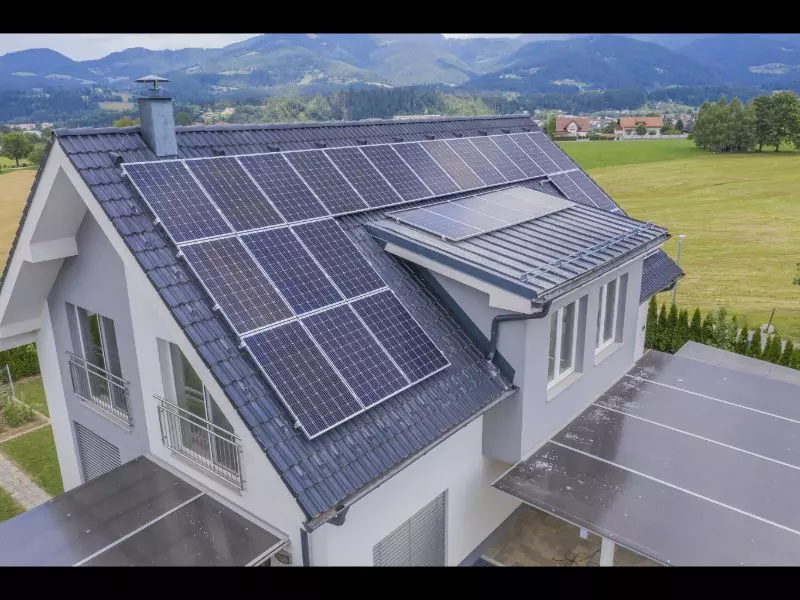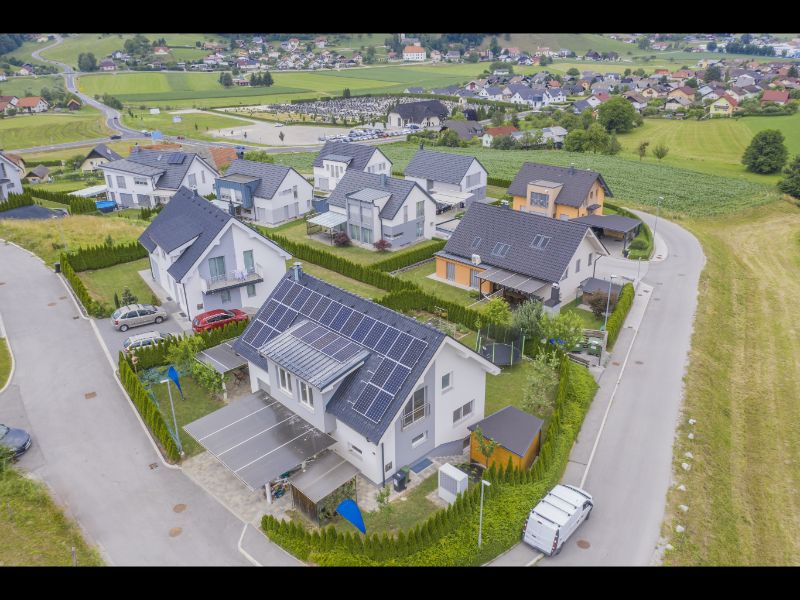
States across the United States have experienced some of the worst weather on record in 2021.
From Texas to Missouri, California to Colorado, floods, severe tropical storms, droughts, and record-setting wildfires have happened with alarming frequency. While most of these adverse weather conditions can be laid squarely at the feet of man-made climate change, it does beg the question of what, if at all, you, as a homeowner, can do to make a difference.
Luckily, eco-conscious home construction and house remodeling are now more affordable and widespread than ever before. As one of the most respected residential wood framing contractors in Massachusetts, this article will highlight some of the features, tips, and ideas we've seen homeowners ask for during our 20 years in the wood framing business.
How energy efficient is your home?
Before diving into a bevy of ideas, it's essential to understand or calculate just how energy-efficient your home is right now. While plenty of companies in MA can help you do this, there are things you can look at beforehand, just to ensure that the company you work with is going that one step further to really find those energy gaps. Here are the 4 surprising ways we've seen homes lose energy.
Leaky Doors & Windows
Leaky in this regard doesn't relate to water seepage but heat and cold generated by in-built heating and cooling systems. A quick and easy way to check is to wet your hand and run it along the edges to feel any hot or cold air wafting through.
Lighting fixtures in Recessed Ceilings
Many homeowners opt for recessed ceilings because of their sleek appearance. However, the lighting fixtures installed within them aren't usually air-tight and have gaps that allow for leaks.
Gaps around light switches & electrical outlets
Unless your contractor is an absolute stickler for perfection (like us), most homes have some air gaps between the fixture and the drywall. If the fixture is on an outer wall, then the amount of heating & cooling that could be escaping could be significant enough to make a dent in energy bills for the month.
Single pane windows
A surprising addition to this list, but one of the most common, single-pane windows allow for a large amount of energy transference to take place in rooms with a lot of natural lighting. For instance, on a hot day, these windows allow the cold air inside the room to heat up much faster than if the windows were energy-efficient or if a shade were installed. This forces the HVAC system to work harder to keep the room at the desired temperature, increasing energy consumption.
With the energy loss culprits out of the way,
Here are 6 ways to make your home more energy efficient

-
Install an indoor fan in rooms that are the most lived in. These fans are pretty typical in countries where owning an air-conditioner is considered a luxury. Apart from blisteringly hot days, these fans work well in keeping the temperature of a shaded room well within comfortable levels.
-
Conduct regular maintenance on furnaces and air-conditioners to make sure their filters are clean and working correctly. A faulty or dirty air filter means the HVAC system has to work that much harder for the same level of heat or warmth.
-
Keep your thermostat at a low temperature when you or your family are out of the house. A bonus for this scenario is installing smart thermostats that can heat up specific living areas just before you come back home.
-
Replace old lighting systems with smart LEDs that use a fraction of the power consumption for the same amount of lighting.
-
Use an on-demand water heater that only heats the water just before a shower or any other use. This saves power to keep the water at a hot temperature during the entire day when it most likely isn't needed.
-
Wash only full sets of laundry rather than small loads every day. Washers and dryers are usually the most energy-hungry devices in the entire house. Using them wisely can save you a bundle in energy costs over a year.
Closing thoughts
Upgrades to your home or changes in your lifestyle may have a higher upfront cost attached to them, but time is the essential factor to consider with everything good for the environment. Over time, these upgrades save you a ton of money in energy bills, maintenance costs, and the overall value of your home, which makes the initial cost of installation that much more affordable.
